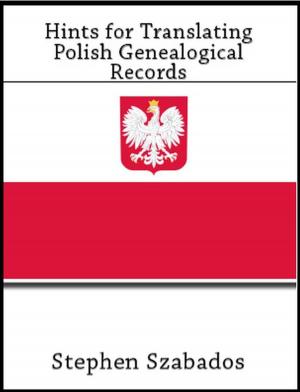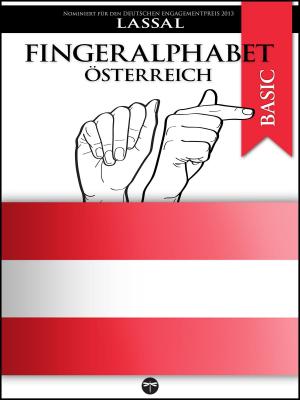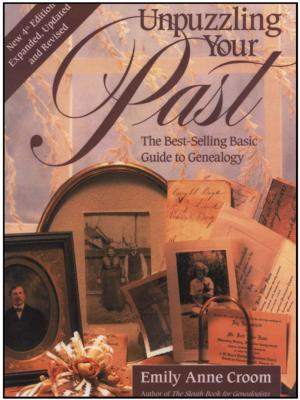| Author: | Brett H. McKay | ISBN: | 9780989190350 |
| Publisher: | Semper Virilis Publishing | Publication: | October 11, 2015 |
| Imprint: | Language: | English |
| Author: | Brett H. McKay |
| ISBN: | 9780989190350 |
| Publisher: | Semper Virilis Publishing |
| Publication: | October 11, 2015 |
| Imprint: | |
| Language: | English |
Across cultures and time, honor and manliness have been inextricably tied together. In many cases, they were synonymous. Honor lost was manhood lost. Because honor was such a central aspect of a man’s masculine identity, men would go to great lengths to win honor and prevent its loss. If we take even a cursory look at history, honor pops up over and over again as a central theme in literature and life. The epic poems of Homer are primarily about honor and man’s quest to achieve and maintain it. If you read Shakespeare’s plays with a close eye, you’ll find that honor and manhood take center stage as reoccurring themes.. When signing the Declaration of Independence, the American Founding Fathers “mutually pledged to each other our lives, our fortunes, and our sacred honor.” But what exactly is honor? We throw the word around quite a bit in our modern lexicon and give it a lot of lip service, but if you were to ask someone, “What is honor?” you’ll likely be answered with furrowed brows and head scratches. We think we know what it is, but often find it difficult to articulate when pressed. If you’re lucky enough to get an answer out of someone, they’ll likely say that honor means being true to a set of personal ideals, or being a man of integrity. Honor=integrity is the point to which the definition of honor has evolved and what it generally means in our society today. In fact, it’s how we defined honor in our book, The Art of Manliness Manvotionals. That definition of honor, while correct in our modern use of the word, doesn’t really capture the concept of honor that Homer wrote about, that countless duelists died for, and that our Founding Fathers swore upon. Except for a few pockets of society like the military, fire departments, and criminal gangs, honor, as millions of men from the past understood it, barely exists in the modern West. In What is Honor? Brett McKay takes an in-depth look at the history, sociology, and philosophy of traditional honor to give readers a better understanding of this oft misunderstood concept that has guided humanity for ages. In the end, he provides a prescription of how to revive and sustain a culture of manly honor in the modern world.
Across cultures and time, honor and manliness have been inextricably tied together. In many cases, they were synonymous. Honor lost was manhood lost. Because honor was such a central aspect of a man’s masculine identity, men would go to great lengths to win honor and prevent its loss. If we take even a cursory look at history, honor pops up over and over again as a central theme in literature and life. The epic poems of Homer are primarily about honor and man’s quest to achieve and maintain it. If you read Shakespeare’s plays with a close eye, you’ll find that honor and manhood take center stage as reoccurring themes.. When signing the Declaration of Independence, the American Founding Fathers “mutually pledged to each other our lives, our fortunes, and our sacred honor.” But what exactly is honor? We throw the word around quite a bit in our modern lexicon and give it a lot of lip service, but if you were to ask someone, “What is honor?” you’ll likely be answered with furrowed brows and head scratches. We think we know what it is, but often find it difficult to articulate when pressed. If you’re lucky enough to get an answer out of someone, they’ll likely say that honor means being true to a set of personal ideals, or being a man of integrity. Honor=integrity is the point to which the definition of honor has evolved and what it generally means in our society today. In fact, it’s how we defined honor in our book, The Art of Manliness Manvotionals. That definition of honor, while correct in our modern use of the word, doesn’t really capture the concept of honor that Homer wrote about, that countless duelists died for, and that our Founding Fathers swore upon. Except for a few pockets of society like the military, fire departments, and criminal gangs, honor, as millions of men from the past understood it, barely exists in the modern West. In What is Honor? Brett McKay takes an in-depth look at the history, sociology, and philosophy of traditional honor to give readers a better understanding of this oft misunderstood concept that has guided humanity for ages. In the end, he provides a prescription of how to revive and sustain a culture of manly honor in the modern world.















